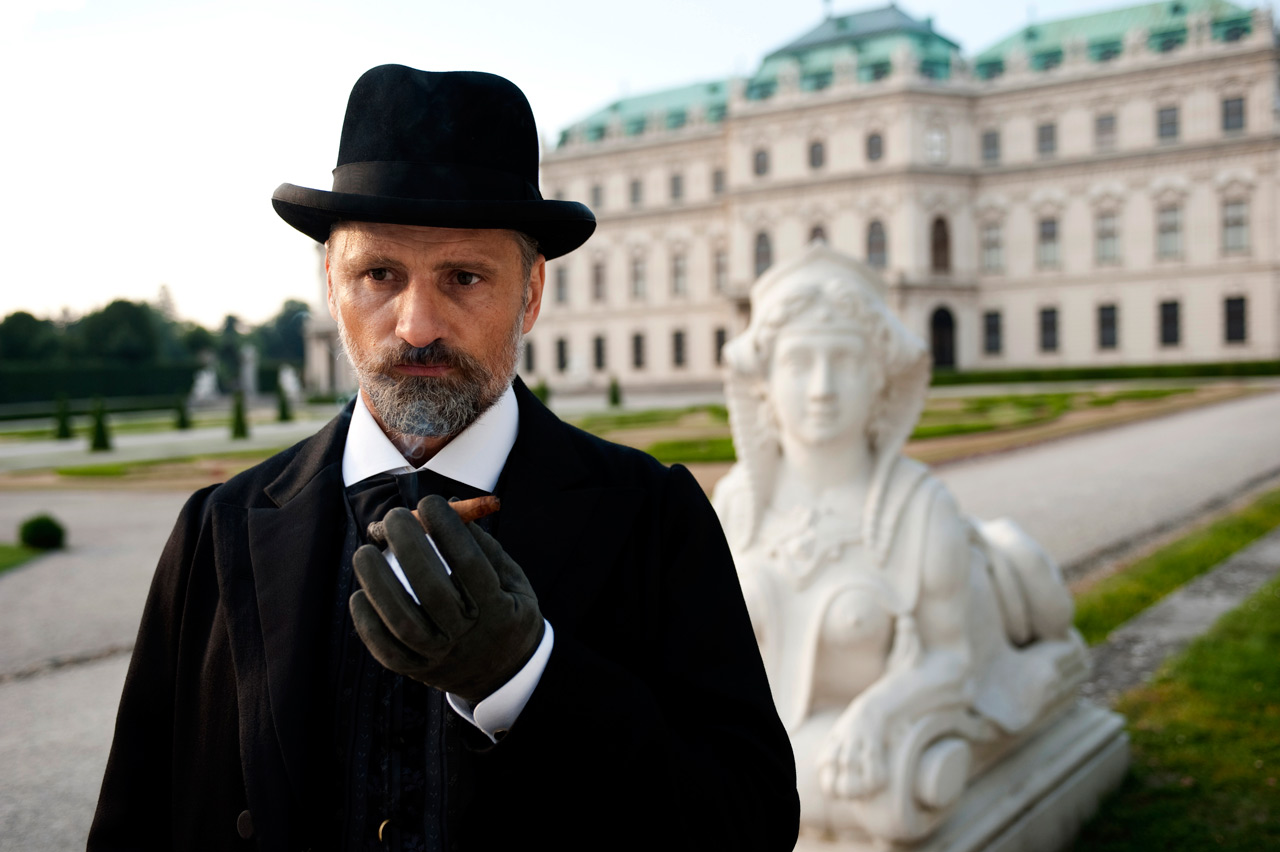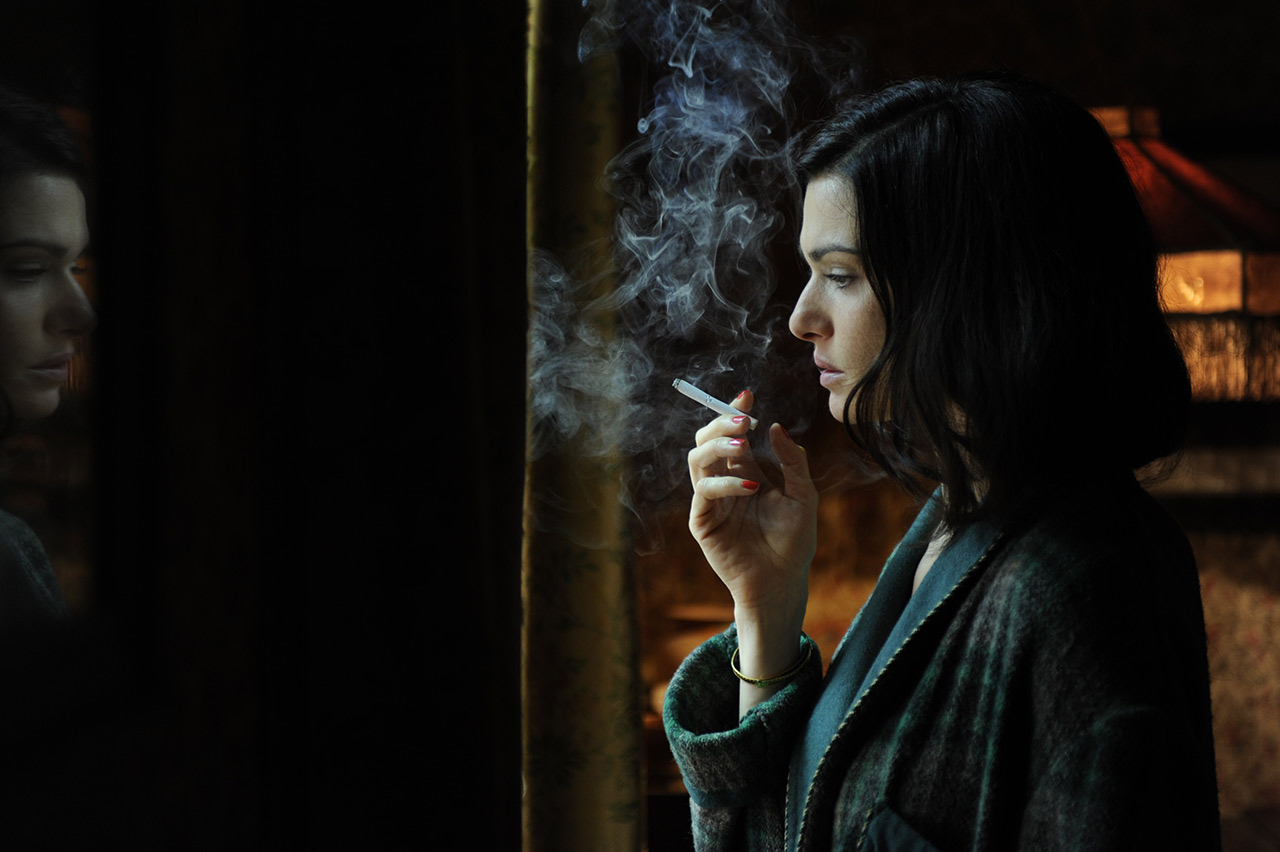Duchess of Langeais, The
Jacques Rivette's latest, a bitterly
romantic adaptation of Honoré de Balzac, is exquisitely
realized, even by Rivette standards. Costume design, art direction
and cinematography all work together in concert: early scenes in
which the titular Duchess is a woman of great mystery and allure are
lit like Caravaggio paintings; a later passage, which takes place
after we see how she's been wrecked on the inside — she stands on a
Parisian street in buttoned-up clothing, wearing a tall hat and a
lost, wistful expression on her face as autumn leaves swirl around
her feet — has the look of classic Hollywood melodrama, or even
the arch magic of Pressburger-Powell. (I admit, Black Narcissus was
never too far from my mind.)
It's a simple story, with bookends.
Guillaime Depardieu plays General Armand de Montriveau, a war hero
who's scouring convents in search of an elusive Carmelite nun –
a woman whom he once loved. (He knows he has found her when he hears
her singing from afar.) Upon her rejection of him, the film quickly
moves
into the flashback narrative that constitutes its bulk, in which the
Duchess of Langeais (Jeanne Balibar) essentially cockteases Montriveau
within an inch
of his life. He responds with the fury of a wounded ego — bolstered
by all the sexual menace a man can muster without actually becoming a
rapist — then retreats abruptly, leaving the woman suddenly alone
and insecure.
In Rivette's hands, The Duchess of
Langeais is a great tragic romance, rather than romantic tragedy.
It's performed by actors who portray great personalities sniffing
around their own thwarted destinies, but whose presence on screen is
suffused with erotic potential. I'm thinking mainly of Balibar's
near-constant state of décolletage (and the way that, called out for her behavior, she trills the word coquette
as though it's a non sequitur), as well as the bum leg with
which Depardieu pounds the floorboards of any room he enters; the
priapic metaphor is hard to dismiss. It's the emotional jousting,
the sense that these two characters must engage in some kind of
intercourse, no matter how painful the results, that gives the
romance its unusual flavor. In this context, the film's melancholy
denouement has the unexpected, deeply felt heaviness of poetry.
And those performances are commanding.
Depardieu has little to do but smolder and scowl, and he
manages both tasks with admirable dedication. And then there's Balibar, tasked with confounding the man's every sexual
ambition. What could have seemed like a simplistically sexist
creation is given arresting life through Balibar's marriage of fierce
intelligence, unremitting gamesmanship and helpless emotion. She's a
creature of great wit and occasional malice, but also of great
feeling. It's the tragedy of The Duchess of Langeais that pride,
foolishness, and the impossibly twisted impulses of ego conspire to
block the consummation of their love; it's the romance of it that,
for some period of its running time, the drama on screen is full of
that intoxicating possibility. B+

